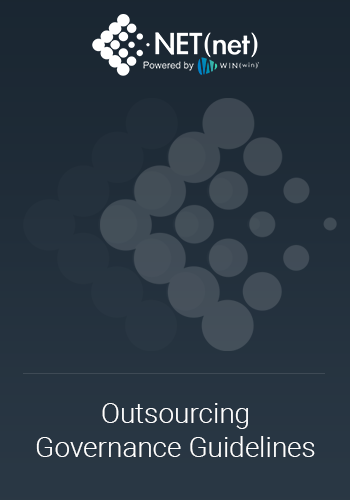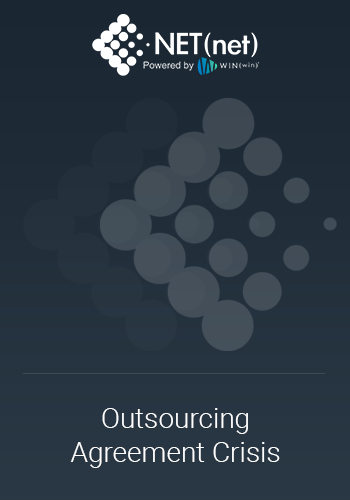Of course they do.
Software companies design complexity into their licensing terms, and the result is that customers are unable to ever be sure they are completely in compliance with the license terms. This problem is endemic to the industry and is well known by every observer of the sector.
As the soft economic cycle continues, the IT media is full of stories warning of software companies increasing audits. The connection is obvious - if revenues decline due to slow customer purchases, then the software companies can simply turn to their enforcement arms in order to make up the revenue shortfall.
A rational observer can only conclude that the software companies have engineered this revenue protection into their entire business model.
Recent cases illustrate this pattern very well. For example, industry gadfly, John C. Dvorak, has clearly pointed out the disingenuous nature of Microsoft's "Software Asset Management" audits:
Even the Wall Street Journal has caught onto the scheme:
http://blogs.wsj.com/cio/2012/07/17/microsoft-software-licensing-audits-confound-cios/
In NET(net)'s experience, these cases are just the tip of the iceberg. Our Clients report that, not only do key software suppliers needlessly complicate the licensing terms, but they also provide incorrect and misleading guidance during the sales phase, so that a CIO will think they are in compliance, based on verbal reassurances from the software salesperson... but the fine print says otherwise.
Since the software companies have designed these practices into their business models for years now, it's a safe assumption that every company is now out of compliance to some degree. All that remains is for Microsoft or Oracle or SAP or IBM or whoever to come knocking on your door.
Gotcha!
Remember: these are the same software salespeople who so casually throw around the word "partner" and talk about how much value their software will bring to your organization.
At what point does this behavior cross the line from good business, into bad faith dealings?
Given that you may already be exposed, how can you protect your organization?
And what can be done to improve your position during future sales or renewal negotiations?
P.S. Just had a thought, should probably also mention the massive price increases that MSFT will be springing, effective Nov 1.
Gotcha again!
Contact NET(net) to find out more and how we can help advise and optimize your company’s Microsoft investments, agreements, and relationship.
About NET(net)
Celebrating 10 years, NET(net) is the world’s leading IT Investment Optimization firm, helping clients find, get and keep more economic and strategic value. With over 1500 clients around the world in nearly all industries and geographies, and with the experience of over 15,000 field engagements with over 250 technology suppliers in XaaS, Cloud, Hardware, Software, Services, Healthcare, Outsourcing, Infrastructure, Telecommunications, and other areas of IT spend, resulting in incremental client captured value in excess of $100 billion since 2002. NET(net) has the expertise you need, the experience you want, and the performance you demand. Contact us today at info@netnetweb.com, visit us online at www.netnetweb.com, or call us at +1-866-2-NET-net to see if we can help you capture more value in your IT investments, agreements, and relationships.
NET(net)’s Website/Blogs/Articles and other content is subject to NET(net)’s legal terms offered for general information purposes only, and while NET(net) may offer views and opinions regarding the subject matter, such views and opinions are not intended to malign or disparage any other company or other individual or group.

















